Technically a cat can eat butter but it is not good for them.
This is because of the incredibly high levels of fat it contains.
The excessive consumption of fat could potentially shorten their lifespan or cause unexpected changes in their health and their behaviour.
In this guide, we’ll explain why in more detail why cats shouldn’t eat butter and what you should do if they consume any around your house.
We’ll also clue you in on the best diet to give cats long, healthy, and happy lives.
Contents
Is Butter Unhealthy For Cats?
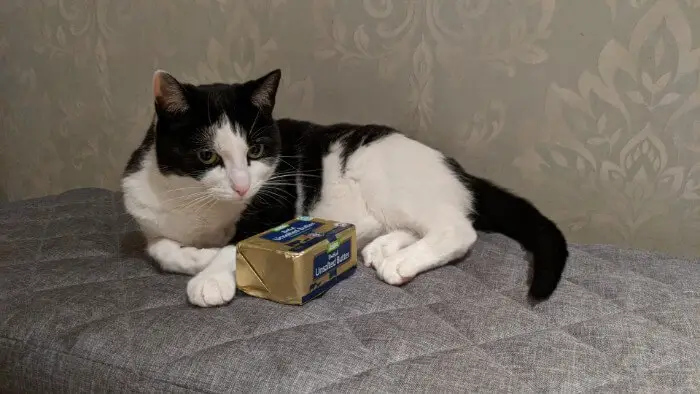
Technically, a cat can eat butter.
But is it good for them?
Unfortunately not.
Being a cat owner means you have to be responsible for their lifestyle and daily habits since cats tend to have sensitive stomachs and digestive systems.
Research has also proven that cats are mostly lactose intolerant, so their bodies struggle to process dairy products like butter, milk, cream, whipped cream and ice cream.
Is butter more harmful than milk? Not necessarily.
Studies have shown that butter is low in lactose, so it won’t trigger lactose intolerance when eaten in small quantities.
This means that you don’t have to panic if your cat accidentally gets a bite or two of anything buttery.
However, butter poses an additional threat to cats: excess fat.
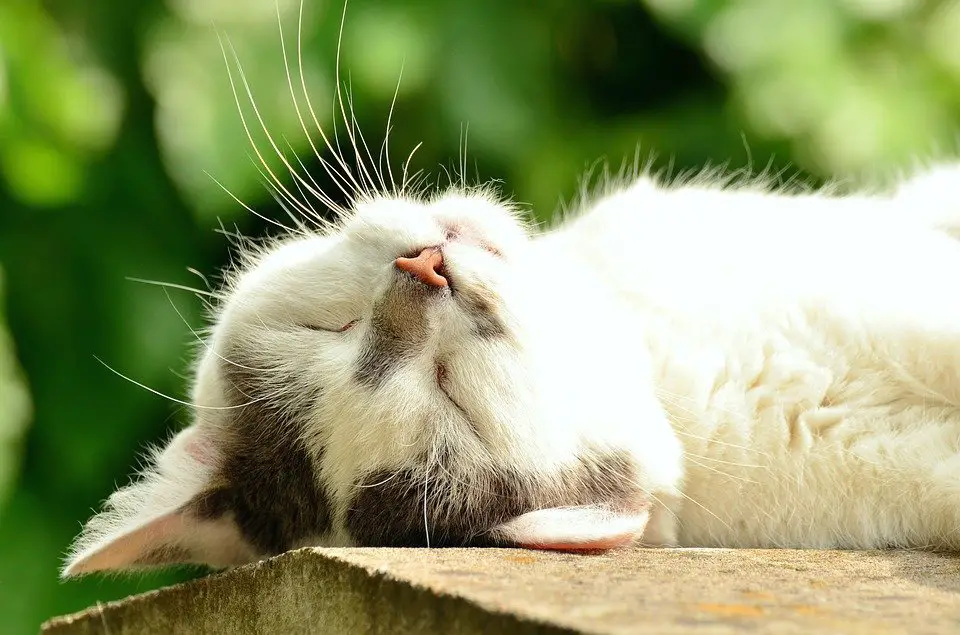
You still need to be extra careful about giving your cat anything with high-fat content, especially if they’re unhealthy, saturated, and pasteurized.
The excessive consumption of fat, sugar, and lactose could potentially shorten their lifespan or cause unexpected changes in their behavior.
This is why fatty food like cakes, biscuit even crackers and anything fried such as french fries are not advised for cats.
Are There Any Health Benefits To Feeding Your Cats Butter?
Butter may not have as much lactose as most dairy products, but some cat owners believe in adding high-fat food like butter to their cat’s diet.
It supposedly helps them gain weight while providing them with good sources of vitamins.
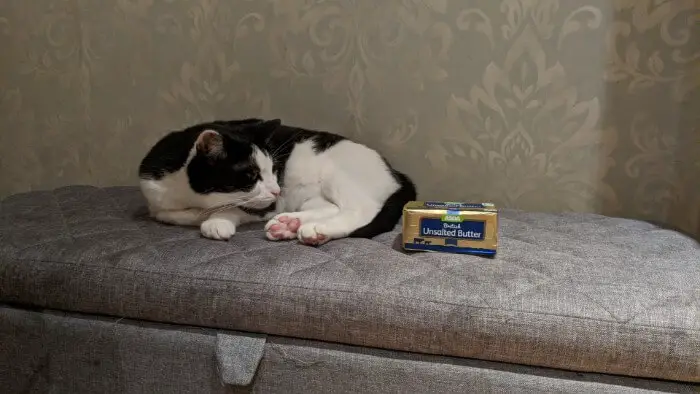
Only there’s one big problem: the cons of cats eating butter far outweigh the pros.
While butter does contain traces of vitamin B-12, vitamin D, vitamin A, protein, and calcium, it doesn’t contain nearly enough to boost their overall health.
Meanwhile, others are convinced that there’s nothing wrong with feeding their pets butter in moderation, especially if they want to share a little food on special occasions.
However, this should be a cause for concern since too many buttered treats will lead to other obesity-related illnesses.
Finally, some cat parents believe that butter helps cats get rid of hairballs by coating the throat for added lubrication.
While this home remedy isn’t a total myth, we highly advise buying hairball removers formulated specifically for cats so you don’t put their health at risk.
What Health Issues Can You Expect When Cats Eat Butter?
Animal fats like butter can cause unwanted health problems, gassiness, and indigestion.
If your cat is extra lactose intolerant or allergic to milk products, eating too much butter could cause side effects like an upset tummy, diarrhea, digestive problems, and discomfort.
Another thing to take note of is that an adult cat can’t process milk or butter the same way growing kittens do.

This is why you may run into trouble if your kitties get used to eating things like butter.
Their system won’t be able to handle an overload of food that isn’t part of their natural dietary habit.
Giving your cat butter as part of their diet may also eventually lead to obesity, heart disease, and pancreatitis: all alarming signs of feline diabetes.
Fatty and sugary foods may also increase their chances of cancer if they manage to get their paws on cookies, cakes, or other sweet and sinful desserts.
Over time, cats that regularly eat butter may end up with a variety of skin, pancreas, liver, urinary tract, or bone disorders.
In other words, do your best to avoid giving cats any amount of butter at all costs.
In case your cat likes to explore your kitchen counter, make sure to put away your food in places that are out of their reach.
If you notice any symptoms associated with lactose intolerance or diabetes, take your cat to the veterinarian as soon as possible.
Can You Use Vegan Butter For Cats?
Vegan butter contains less fat than animal fat, but most companies use vegetables that are high in fat content, resulting in unhealthy products.
This means that vegan butter isn’t necessarily healthier for your cat. Margarine is also something you shouldn’t be feeding your cat or other animals.
Plant-based butter or oil is not better than any dairy product, so it’s best to keep your cat away from food made for humans.
To top it off, cats won’t benefit from a vegan diet because felines are meant to thrive on a carnivorous lifestyle.
To care for your cat’s nutrition, only choose high-quality cat food, meat, or cooked chicken breast rich in taurine, unsaturated fat, and fatty acids like arachidonic acid.
Instead of trying to find healthy alternatives for butter, pay more attention to providing all their nutritional needs with kitty food and treats.
Final Thoughts
Butter can threaten the well-being of your beloved cat and it could do more harm than good.
At this point, if you still want to give your cat butter, proceed with caution.
Take note of how many times you give them butter because if you aren’t careful, the calories will stack up and cause serious problems that could endanger your cat’s life.
Use the tips you’ve learned from this article to satisfy your pet with different kinds of feline-friendly snacks.
You can even throw in some trusty catnip to keep them happy!
At the end of the day, keeping your furry family members safe from human foods like butter is crucial to prolonging their nine lives.
As an Amazon Associate I may earn a small fee from qualifying purchases at no extra cost to you. This helps us run the site, so thanks for your support!

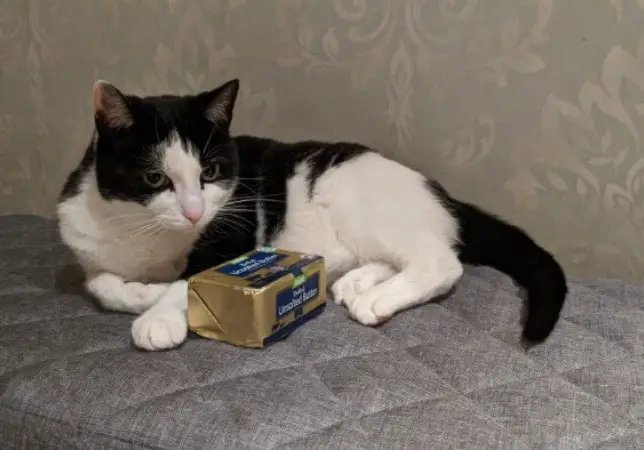
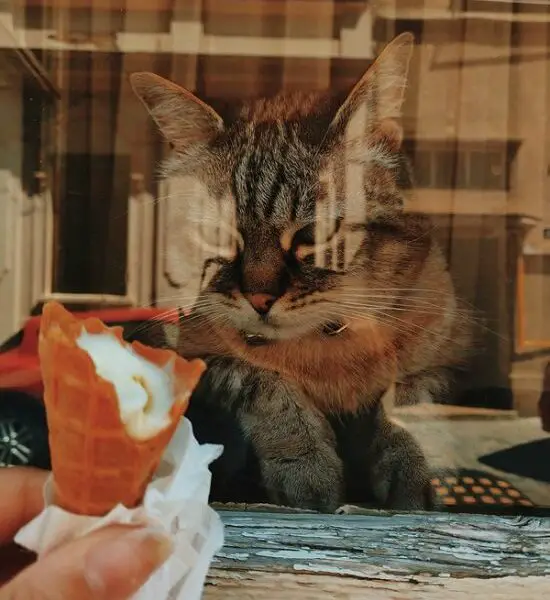
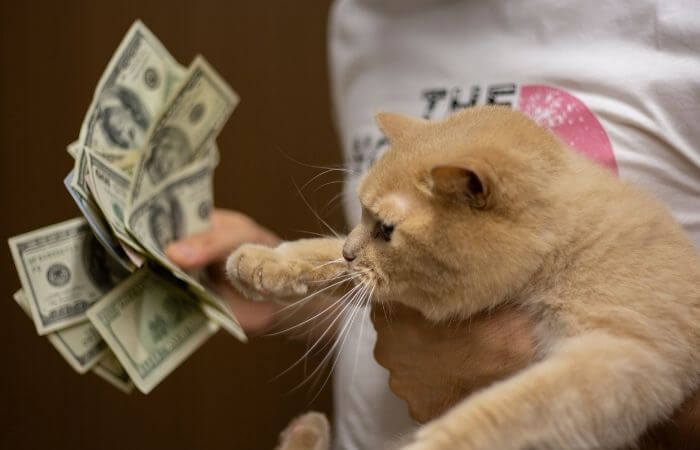
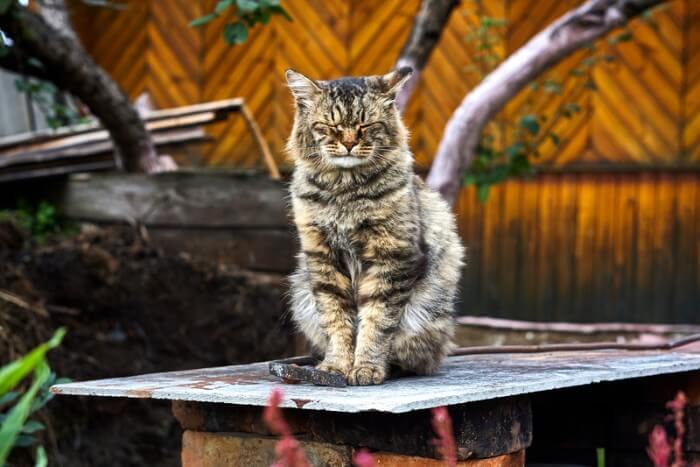
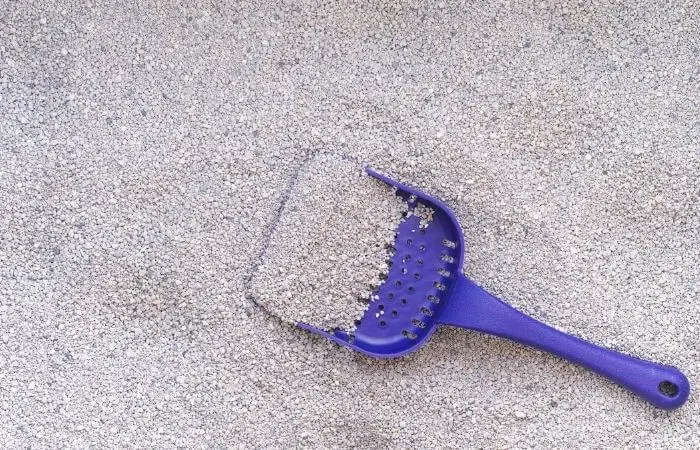
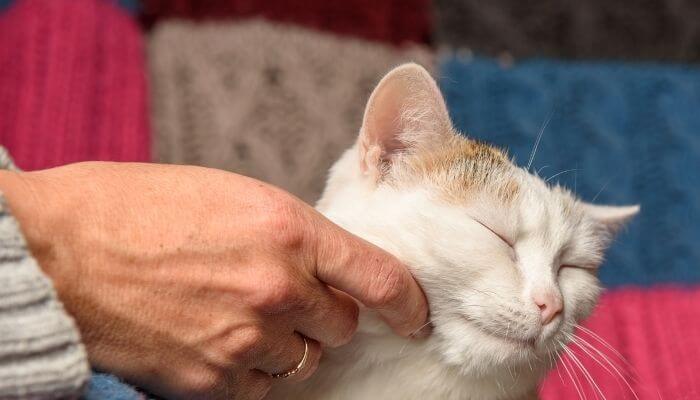

Leave a Comment